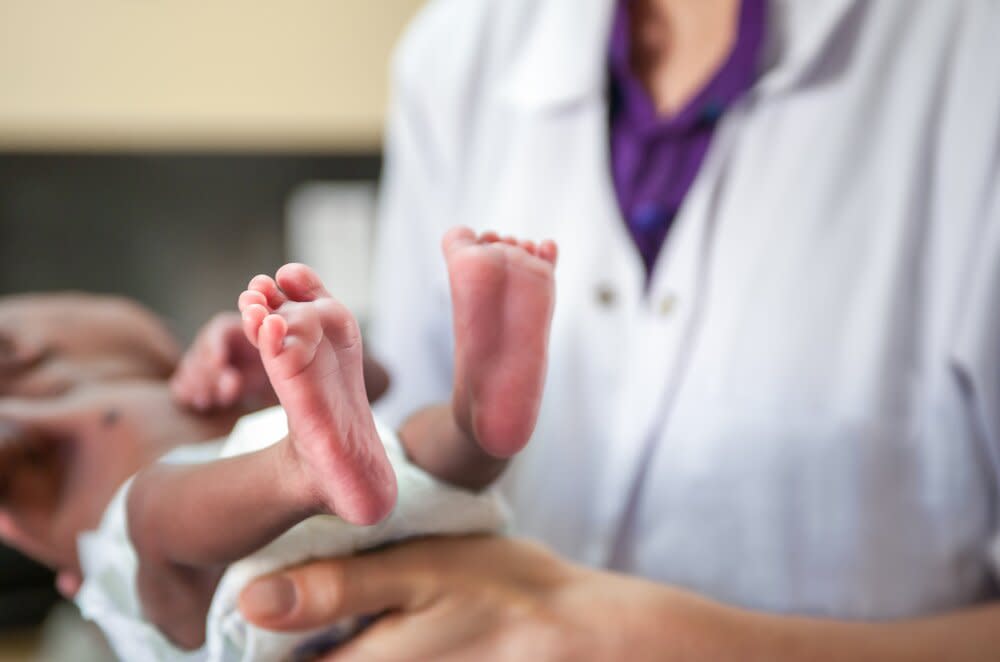Study Finds Fetus Size Differs Based on Race and Ethnicity

Shutterstock
The way ultrasounds are currently evaluated could lead to the fetuses of minority mothers being wrongly classified as too small, according to new research.
The study, published in the American Journal of Obstetrics & Gynecology, found that fetal growth differs based on racial and ethnic background, which can lead fetal growth to be misclassified in up to 15 percent of cases.
Misclassification is problematic because doctors typically view fetal growth restriction as a sign that the baby is receiving insufficient amounts of oxygen and nutrients.
Based on ultrasound standards, if fetal weight is below the 5th or 10th percentile, the baby is referred to as small for gestational age and thought to be at a greater risk for health issues such as diabetes and heart disease.
However, this study found that minority mothers' fetuses are often developing normally but are just smaller (due to hereditary and environmental factors) than the fetuses of white mothers.
Researchers collected data from approximately 1,700 low-risk, healthy pregnancies—26 percent white, 26 percent black, 28 percent Hispanic, and 20 percent Asian.
Significant differences in fetal weight were found after the 20th week of pregnancy: fetuses of white mothers were the largest at 4402 grams while fetuses of black mothers were the smallest at 4053 grams.
At 35 weeks, 14 percent of the fetuses of black mothers and 15 percent of the fetuses of Asian mothers would be considered below the 5th percentile based on ultrasound examination results.
The study noted that current reference charts used to determine the weight of a fetus may be outdated because they originated from a study in 1980 that consisted of mostly white middle-class women.
"Doctors like to be proactive—if they suspect there's a problem with a fetus' growth, then they're likely going to order tests and investigate," said lead author Germaine Buck Louis, Ph.D., in the study's news release. "But inaccurate standards may be leading women to receive unnecessary tests—not to mention the stress of thinking something may be wrong—when their pregnancies actually are on track."
Caitlin St John is an Editorial Assistant for Parents.com who splits her time between New York City and her hometown on Long Island. Follow her on Twitter: @CAITYstjohn.

